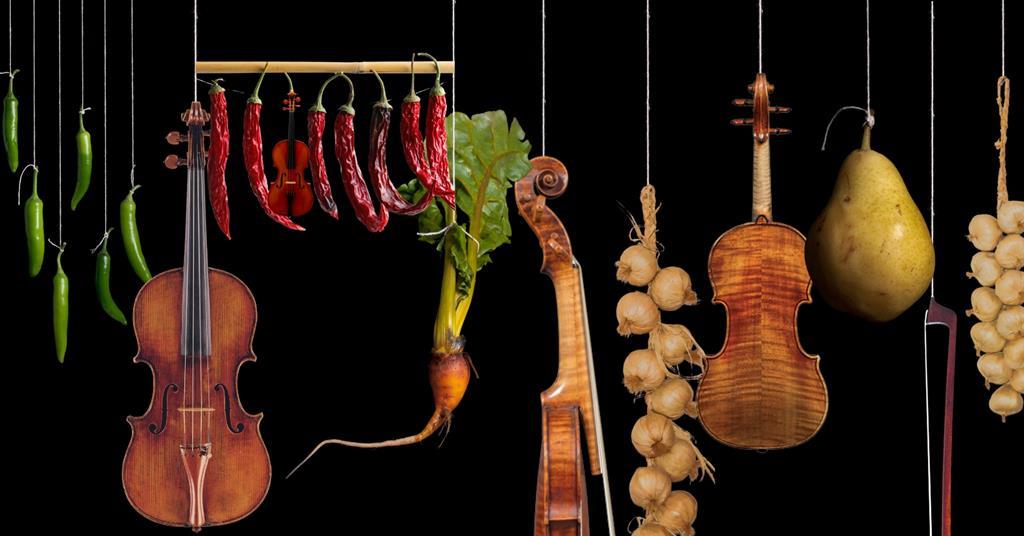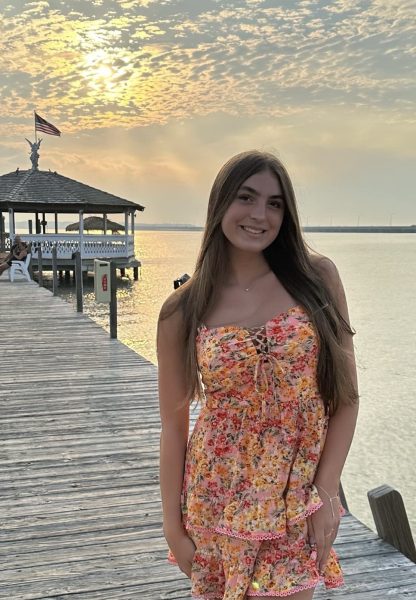With a new year right around the corner, our world has been facing Covid-19 for almost 4 years. Though many completely forgot about COVID-19, it certainly hasn’t gone away. Viruses can develop into more variants and forms. Recently, a new subvariant called JN.1 has become more apparent in countries experiencing winter seasons.
JN.1 is called “a variant of interest”. The variant has gotten this name from its rise of being 3% of Covid-19 cases in November, to now 27.1% globally. This winter season, the World Health Organization, WHO, has reported experiencing the highest levels since February of COVID-19, influenza, and respiratory viruses.
JN.1 was first detected in August. It had developed from another variant called BA.2.26, which developed from another catastrophic variant, Omicron.
Due to many prior infections and vaccinations around the globe, this variant is expected to not be as detrimental as the others. There are low risks when considering JN.1, according to the WHO.
The usual symptoms of JN.1 could be fatigue, chills, muscle aches, nausea, a runny nose, coughing, shortness of breath, etc. At the moment, there are no additional symptoms medical professionals are aware of that align with JN.1.
Nobody wants COVID-19 for the holidays, so how can this illness be prevented? The CDC recommends getting an updated Covid-19 vaccination from Pfizer-BioNTech, Moderna, or Novavax. These vaccinations should protect one against JN.1, just as they can protect people against other variants.
This spread has been noticed in a total of 41 countries, with the United States being one of the countries with the most cases. Many JN.1 cases have been found in New York and New Jersey.
With the holiday season here, and everyone wanting to be with their families, it is important to take proper precautions. Even if you are feeling ill and think it might be the flu, you should take a COVID test to stop the potential spread of JN.1 to your loved ones.
The Charles Street Times wishes you a happy holiday and a great start to 2024!








